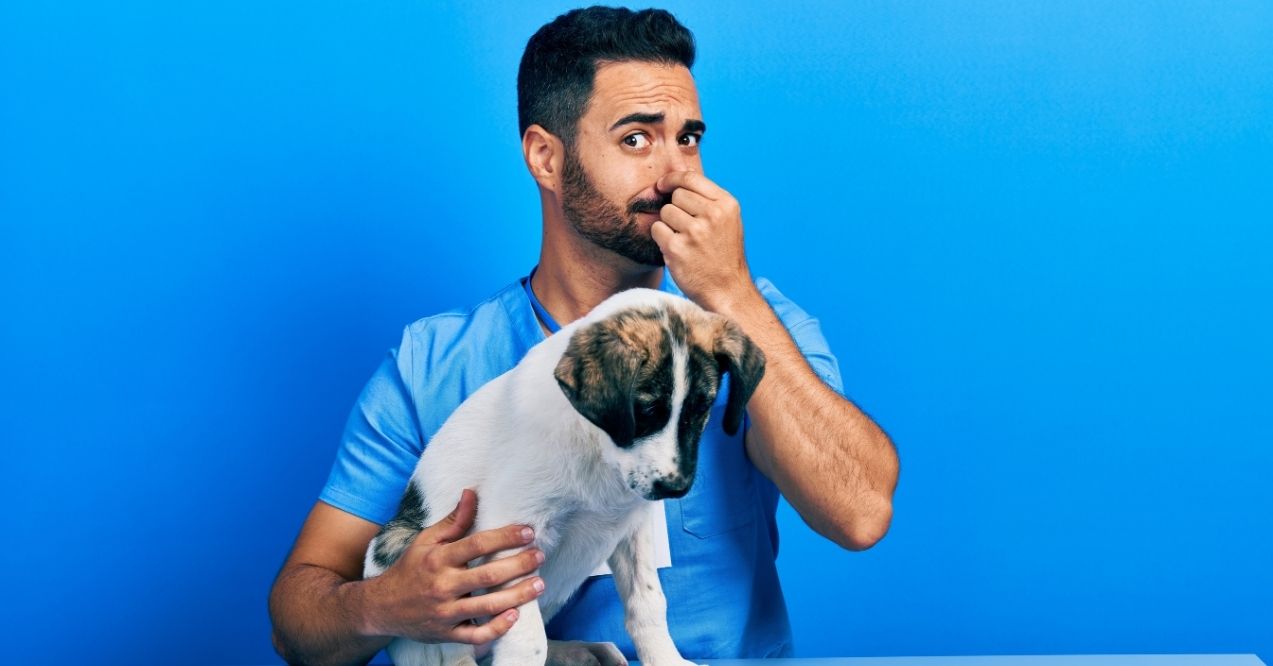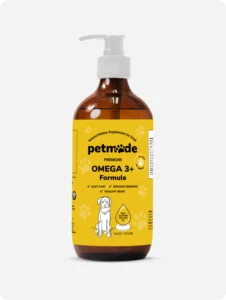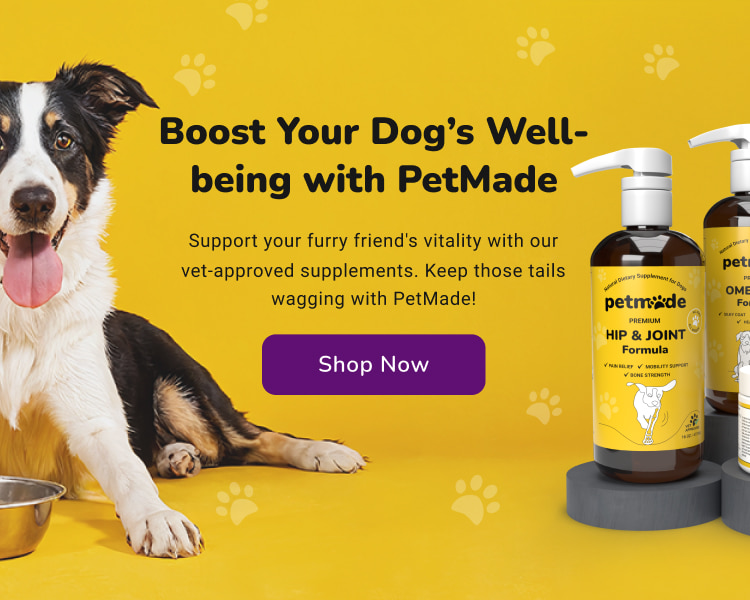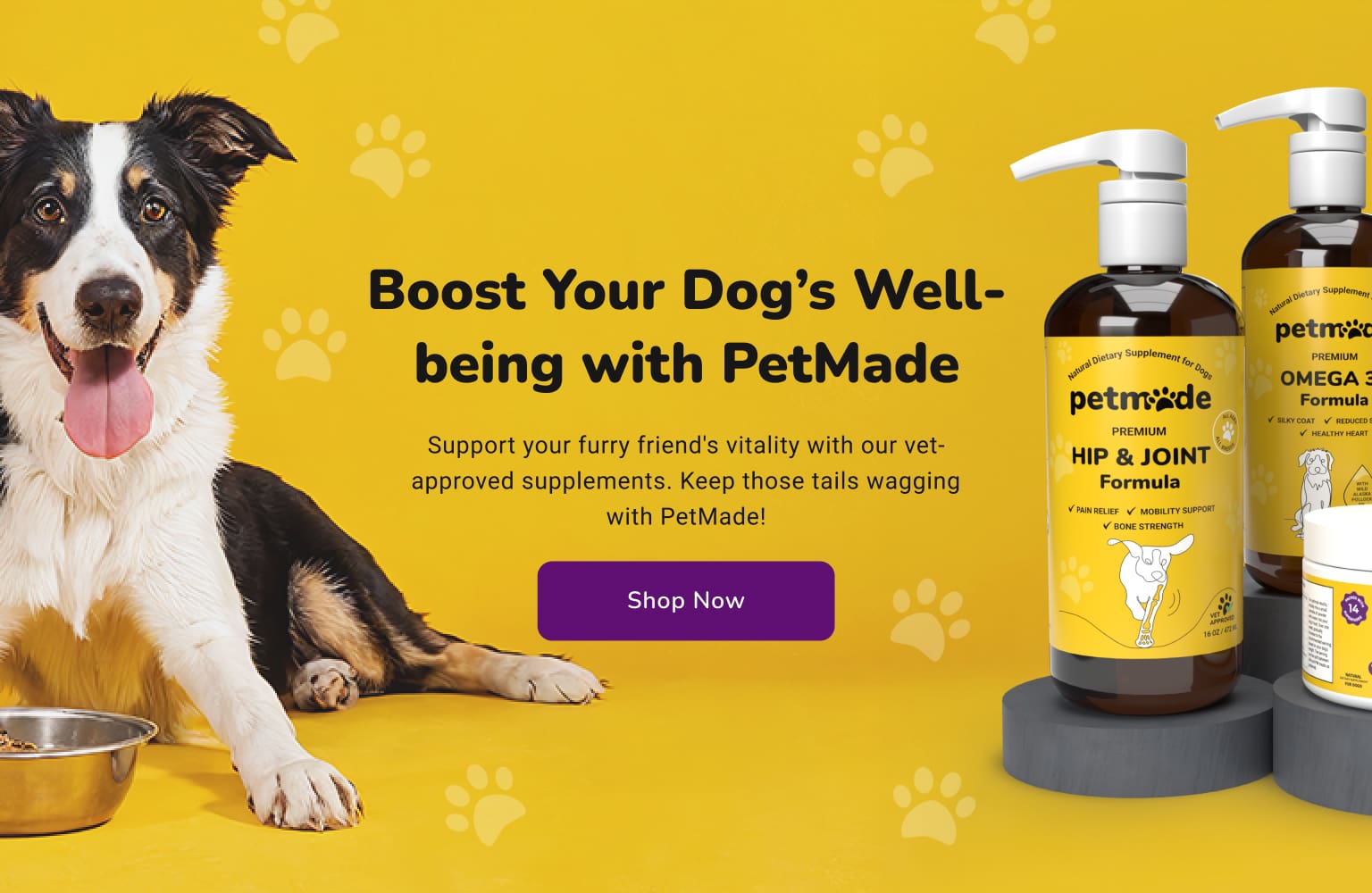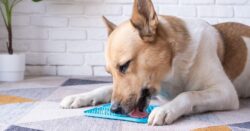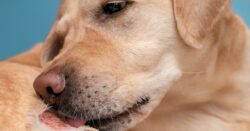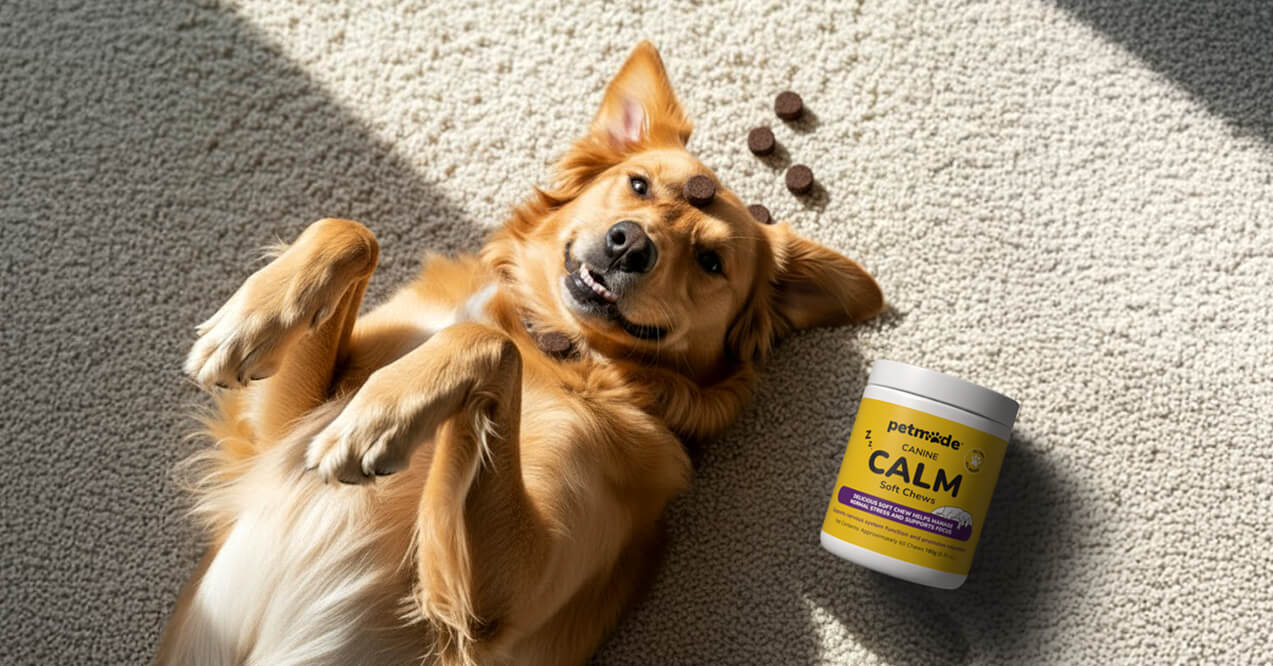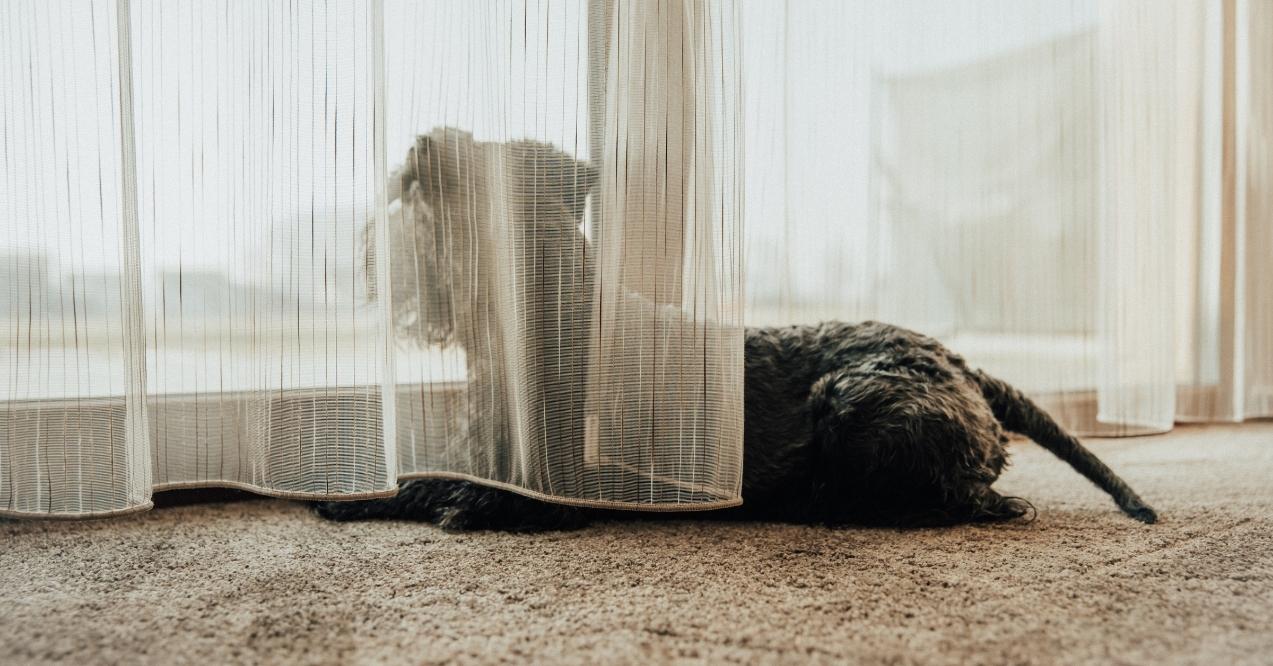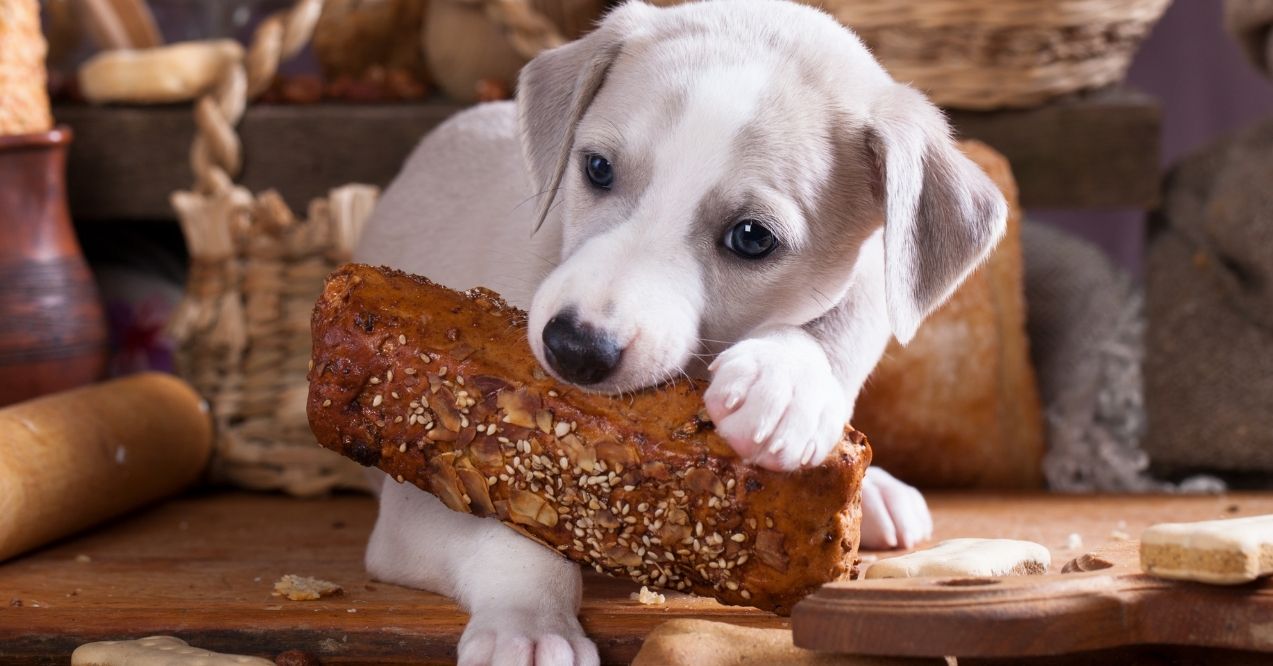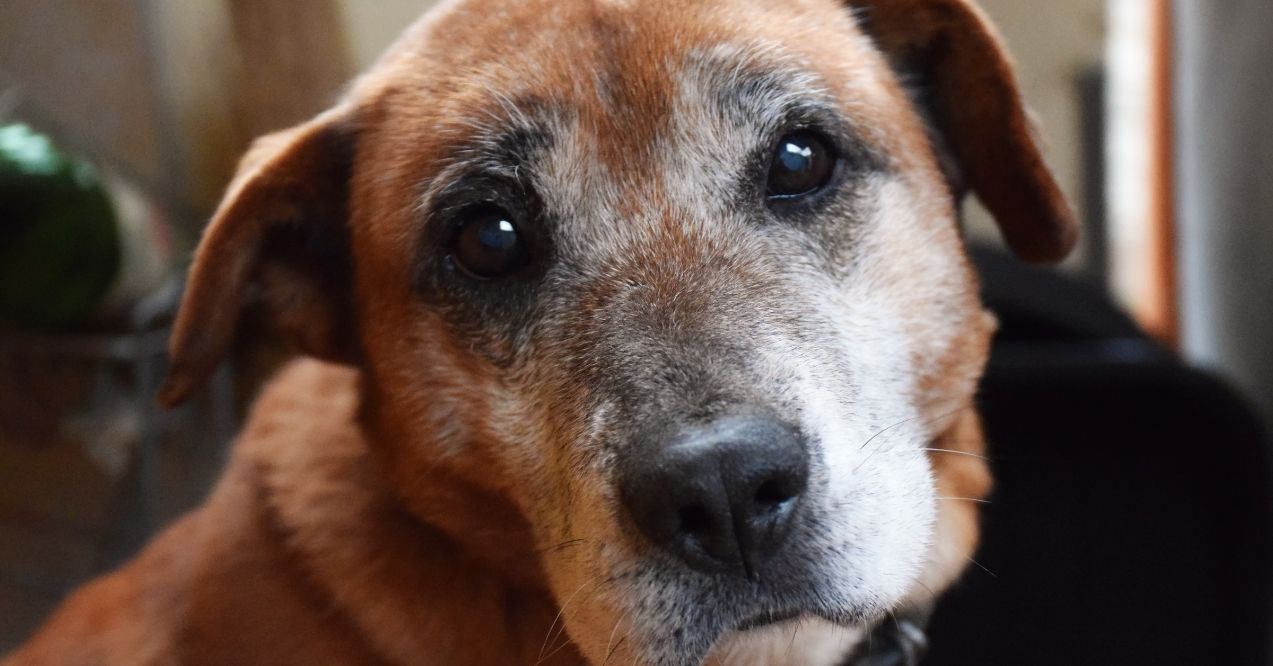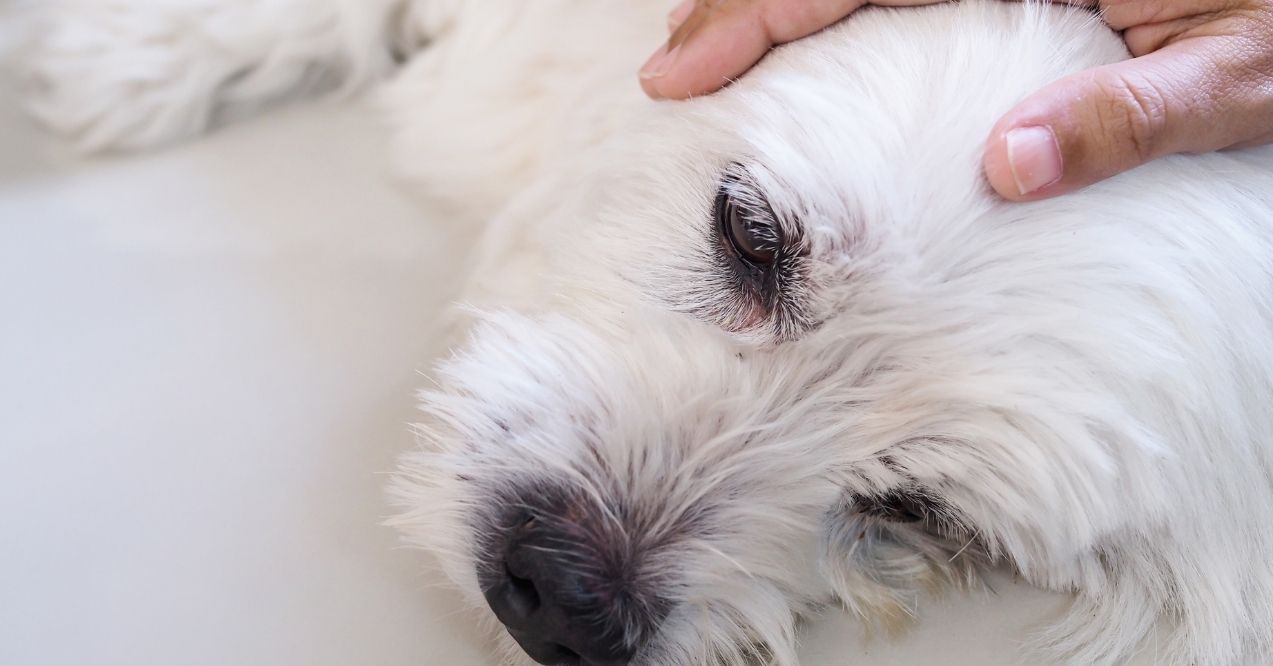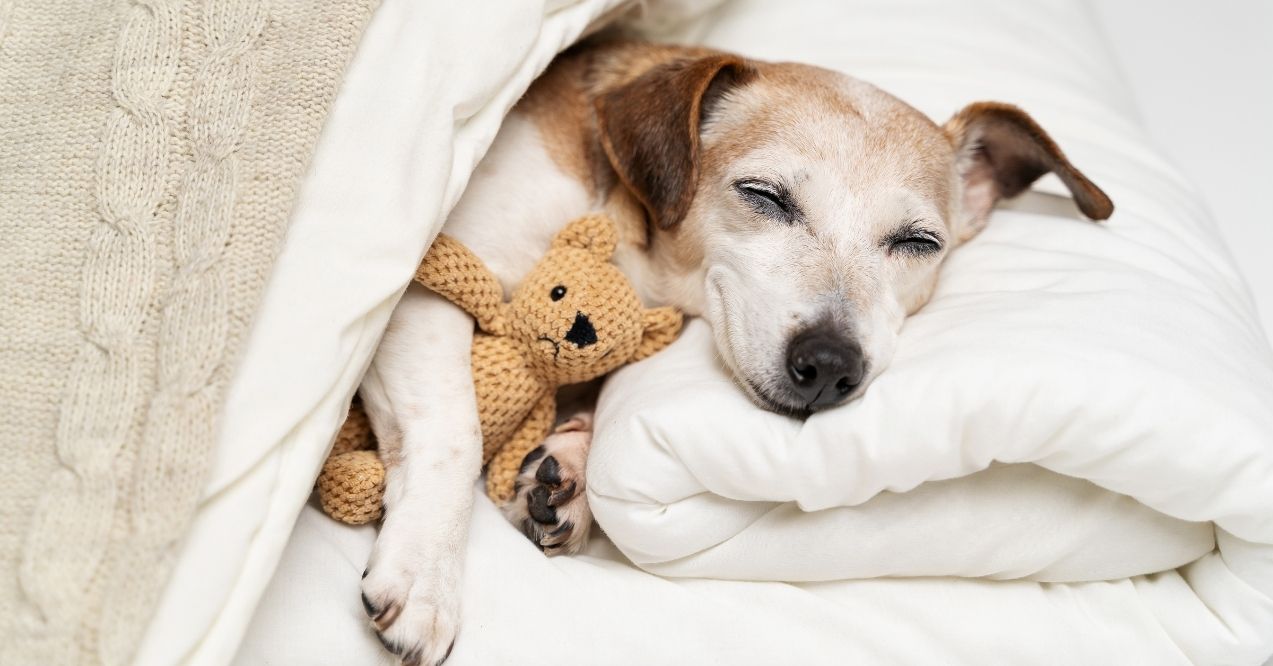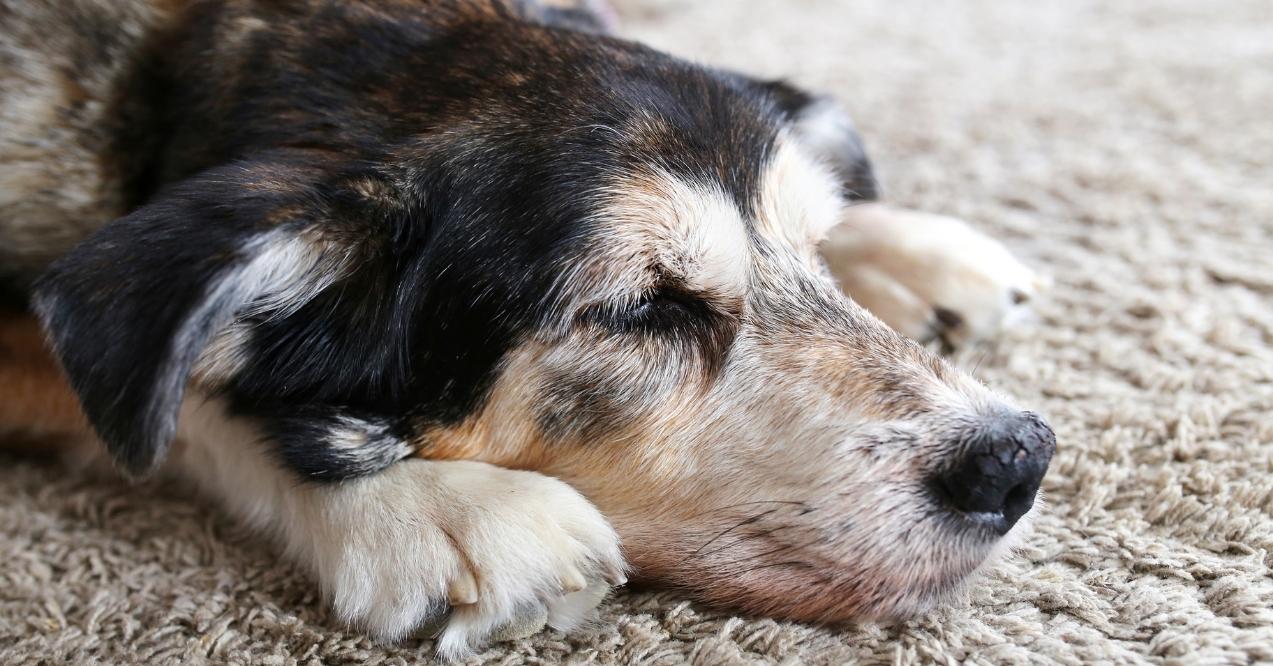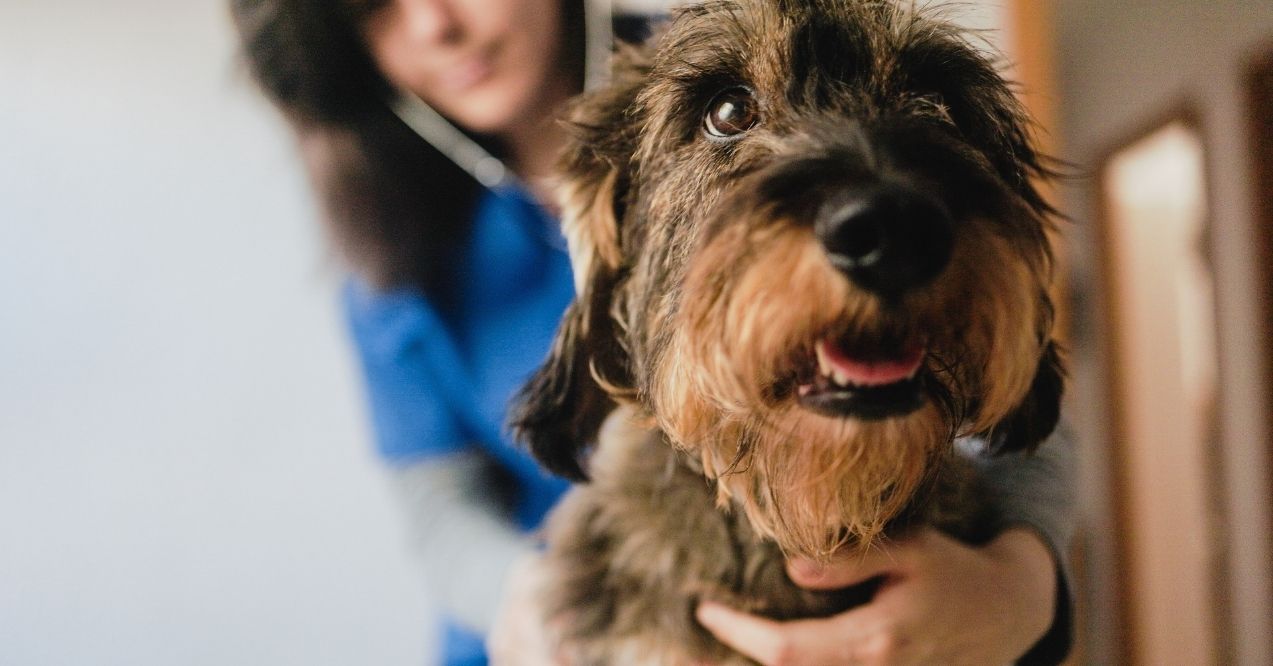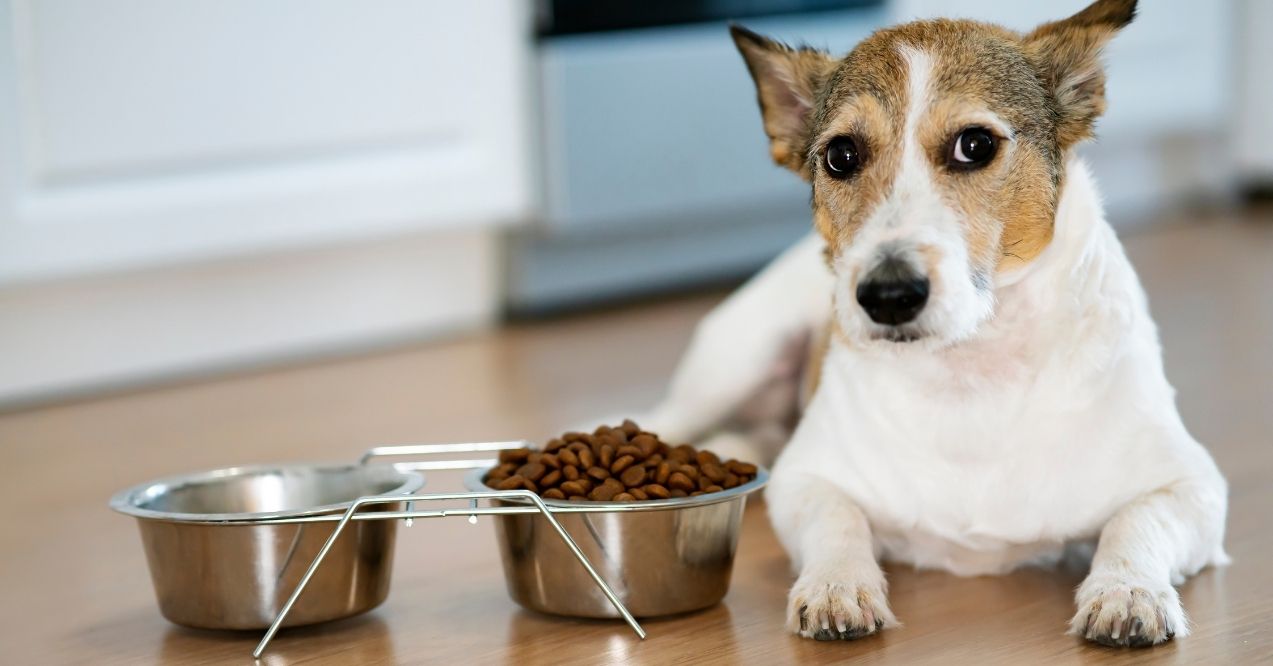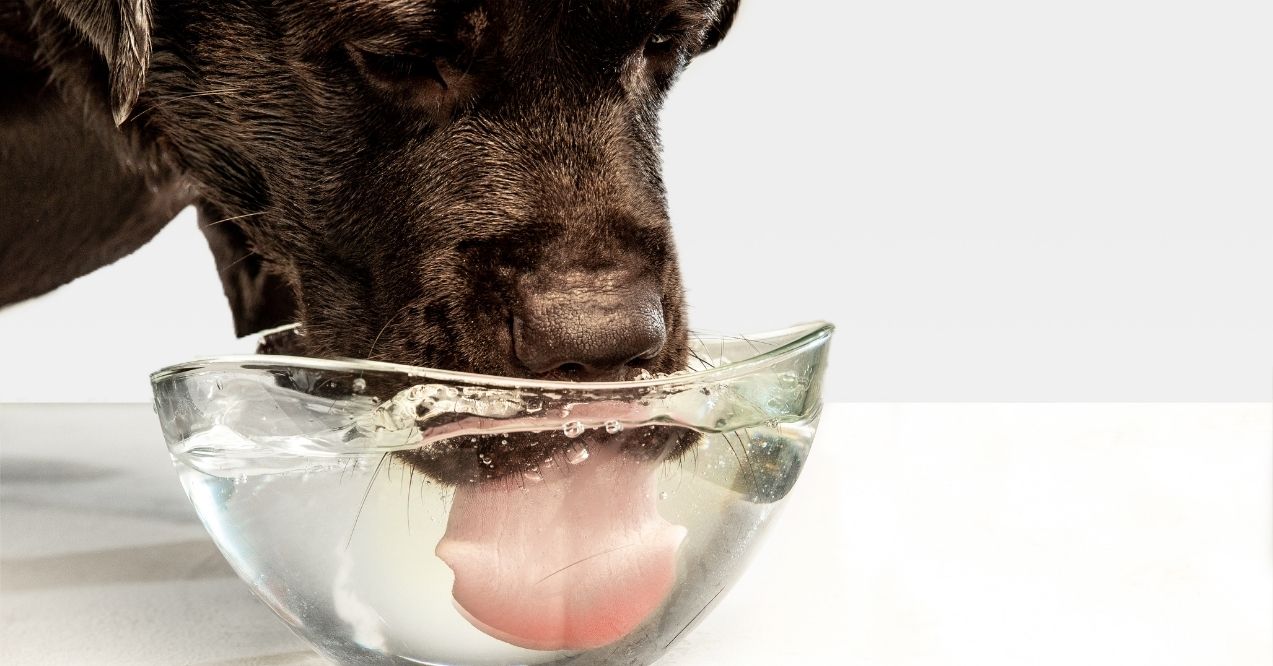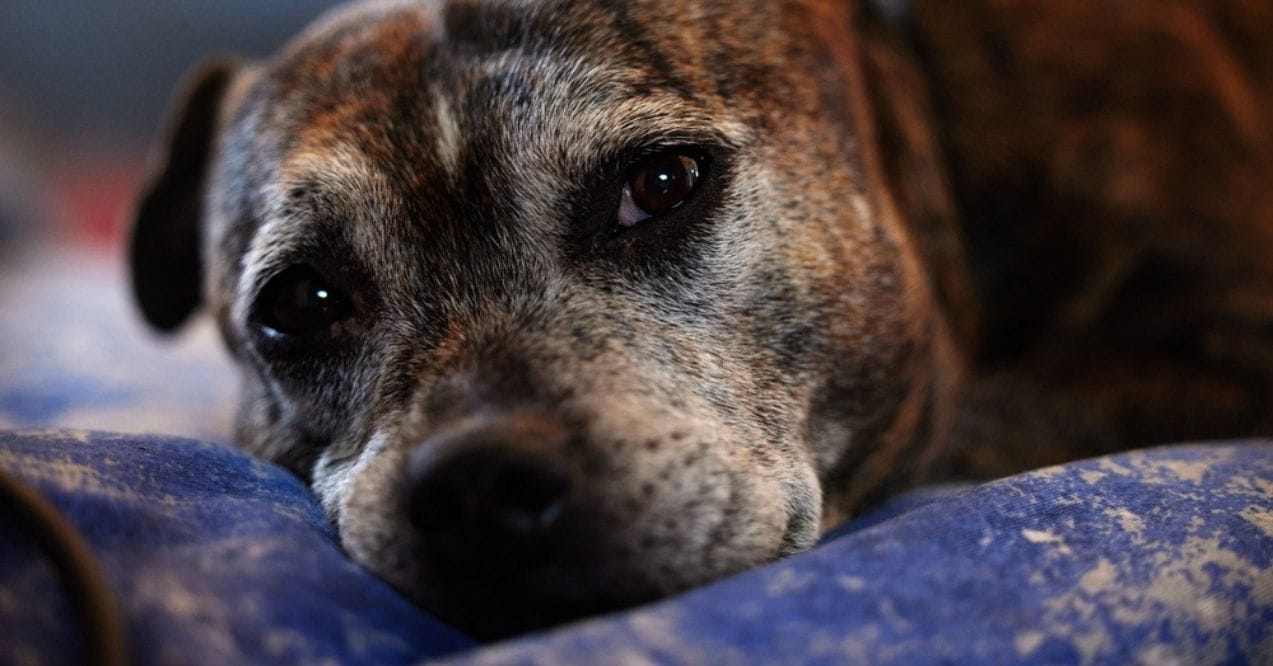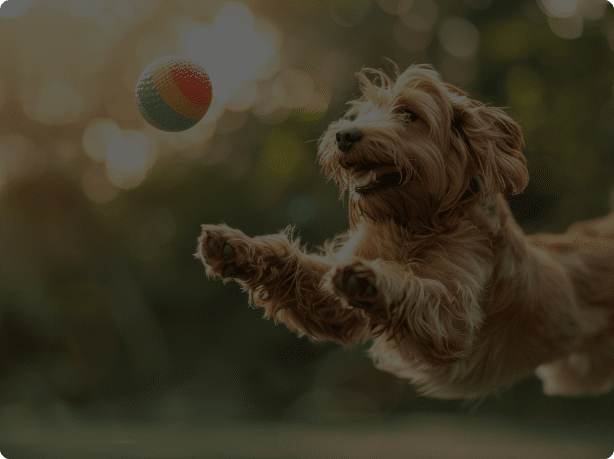Why Do Old Dogs Smell?
As our canine companions age, their bodies undergo various changes that can lead to different smells. Why do old dogs smell more than their younger counterparts? It’s a mix of physical changes, potential health issues, and sometimes simply behavioral shifts that come with aging. Learning how to care for a senior dog in all aspects becomes increasingly important during this life stage.
This guide will help you identify why your old dog smells bad and what you can do about it. We’ll explore common causes, ways to manage the odor, and when it’s time to seek professional help for your furry friend.
What Causes Old Dogs to Smell?
As dogs enter their golden years, several factors contribute to changes in their body odor. The aging process affects everything from skin oil production to metabolism, creating new scents that weren’t present in their younger years.
Natural Aging and Odor Changes
Just like humans, dogs’ bodies change as they age. Senior dogs often produce more sebum (skin oil), which can develop a distinct musty odor as it breaks down on their skin and coat. Their skin also becomes thinner and may produce different compounds that affect scent.
Some breeds naturally carry stronger odors as they age. Dogs with oily coats like Basset Hounds or those with skin folds such as Bulldogs may have more noticeable smells. Additionally, older dogs with double coats can trap more odor-causing bacteria and debris close to their skin.
Do old dogs smell more because of these natural changes? Yes, but the intensity varies widely based on breed, size, and individual health factors.
Medical Conditions
Many health issues can cause your senior dog to develop unpleasant odors. Dental disease is incredibly common, with tartar buildup and gum inflammation creating that distinctive senior dog bad breath that makes close cuddles challenging.
Kidney function often declines with age, potentially leading to a urine-like smell coming from your dog’s mouth. Incontinence issues, common in aging dogs, can result in urine odors clinging to fur and skin.
Skin infections and ear problems, more common in senior dogs with weakened immune systems, may produce yeasty or sour smells. These conditions don’t just create unpleasant odors—they can cause discomfort for your loyal companion.
Why Does My Old Dog Smell So Bad All of a Sudden?
When your normally fresh-smelling senior suddenly develops a strong odor, it’s natural to be concerned. Sudden changes in body odor often indicate a developing health issue rather than just the normal aging process. While gradual increases in smell might be age-related, rapid changes warrant closer attention.
Gastrointestinal issues can be a common source of sudden odors. An upset stomach from infections or dietary changes may cause bad breath or gas. You can learn more about helping a dog’s upset stomach and how digestive issues affect overall odor.
Common Medical Culprits
- Dental infections may rapidly worsen, causing severe bad breath overnight.
- Urinary tract infections can develop quickly, leading to strong urine smells even if your dog isn’t having accidents.
- Anal gland problems are another frequent cause of sudden foul odors. When these glands become infected or impacted, they may release a fishy, pungent smell.
- Skin infections can also develop rapidly, especially in skin folds or areas where your dog licks frequently.
If your old dog smells bad all of a sudden, a prompt veterinary visit is the best way to identify and address the underlying cause before it progresses further.
Changes in Grooming and Mobility
As dogs age, arthritis and joint stiffness often make self-grooming difficult or impossible. When your senior pup can’t reach certain body areas, dirt, saliva, and oils build up, creating strong odors. Areas like the rear end, paws, and facial folds become particularly problematic.
Many older dogs also spend more time lying down, which can lead to localized skin issues and odors where their bodies contact surfaces. This problem worsens when incontinence is involved, as urine may dry on their fur or skin before they can move to clean themselves.
Your older companion may need extra help maintaining cleanliness as mobility decreases. Regular assistance with grooming can significantly reduce old dog odor while strengthening your bond.
How to Manage and Prevent Old Dog Odor
Taking a proactive approach to your senior dog’s hygiene and health can make a big difference in managing unpleasant smells. A combination of regular grooming, dietary adjustments, and proper medical care works best for keeping old dog odor at bay.
Let’s explore some practical strategies that can help minimize those unwanted scents while keeping your faithful friend comfortable and happy.
Regular Grooming and Bathing
One of the most effective ways to manage senior dog odor is through consistent grooming. Brushing your dog several times a week removes dead fur, distributes natural oils, and prevents matting that can trap odors.
For bathing, use gentle, dog-specific shampoos designed for sensitive senior skin. Most older dogs benefit from monthly baths, though this may vary by breed and activity level. Pay special attention to areas prone to odor buildup—paws, facial folds, and the rear end.
Between baths, pet-friendly wipes can freshen up your dog’s coat and remove surface dirt. Dental wipes or toothbrushes with dog-safe toothpaste can help combat senior dog bad breath, improving both smell and health.
Diet Adjustments and Supplements
What goes into your dog’s body significantly affects what comes out—including odors. High-quality senior dog food with easily digestible ingredients may reduce gas and stool odors. Foods with balanced protein levels are particularly important, as excess protein can contribute to stronger body odors.
Supplements can also play a vital role in managing old dog odor. Omega-3 fatty acids for dogs might support their healthy skin and coat, potentially reducing skin-related odors. Probiotics may improve digestion and reduce gas, while zinc and B vitamins contribute to overall skin health.
When to See a Vet
While some level of odor is normal in aging dogs, strong or unusual smells often signal problems requiring veterinary care. If home care measures don’t improve your dog’s smell within a week, it’s time to consult a professional.
Certain odors deserve immediate attention. A sweet, fruity breath may indicate diabetes, while ammonia-like breath could suggest kidney problems. Foul, rotting odors from the mouth typically point to advanced dental disease. Yeasty or musty smells often indicate skin infections, while strong urine odors might reveal urinary tract infections or incontinence issues.
Watch for these warning signs that may accompany unusual odors:
- Increased thirst or changes in water consumption
- Loss of appetite or changes in eating habits
- Excessive scratching, licking, or biting at specific areas
- Lethargy or decreased interest in activities
- Changes in urination patterns or accidents in the house
- Visible redness, swelling, or discharge on skin or from ears
- Behavioral changes like irritability or confusion
Conclusion
While aging naturally brings some changes in body odor, severe or sudden smells often indicate issues that need attention.
With a combination of regular grooming, appropriate diet, supplements, and timely veterinary care, you can effectively manage old dog odor. These practices not only keep your home smelling fresher but also contribute to your senior dog’s overall health and well-being.
Senior dogs often develop dental disease with tartar buildup and gum inflammation. Underlying health conditions like kidney disease or diabetes may also cause distinctive breath odors.
Yes, poor-quality food or food allergies may lead to skin issues, gas, and stronger body odors. High-quality senior-specific formulas and proper hydration can help reduce these smells.
Use washable dog diapers, waterproof bed covers, and frequent bathing of affected areas. Consult your vet about possible treatments for the underlying cause.
Most senior dogs benefit from monthly baths with gentle shampoo. Dogs with skin conditions or strong odors may need more frequent bathing as recommended by your veterinarian.
Advertisement. This site offers health, wellness, fitness and nutritional information and is designed for educational purposes only. You should not rely on this information as a substitute for, nor does it replace, professional medical advice, diagnosis, or treatment. If you have any concerns or questions about your health, you should always consult with a physician or other health-care professional. Do not disregard, avoid or delay obtaining medical or health related advice from your health-care professional because of something you may have read on this site. The use of any information provided on this site is solely at your own risk.
